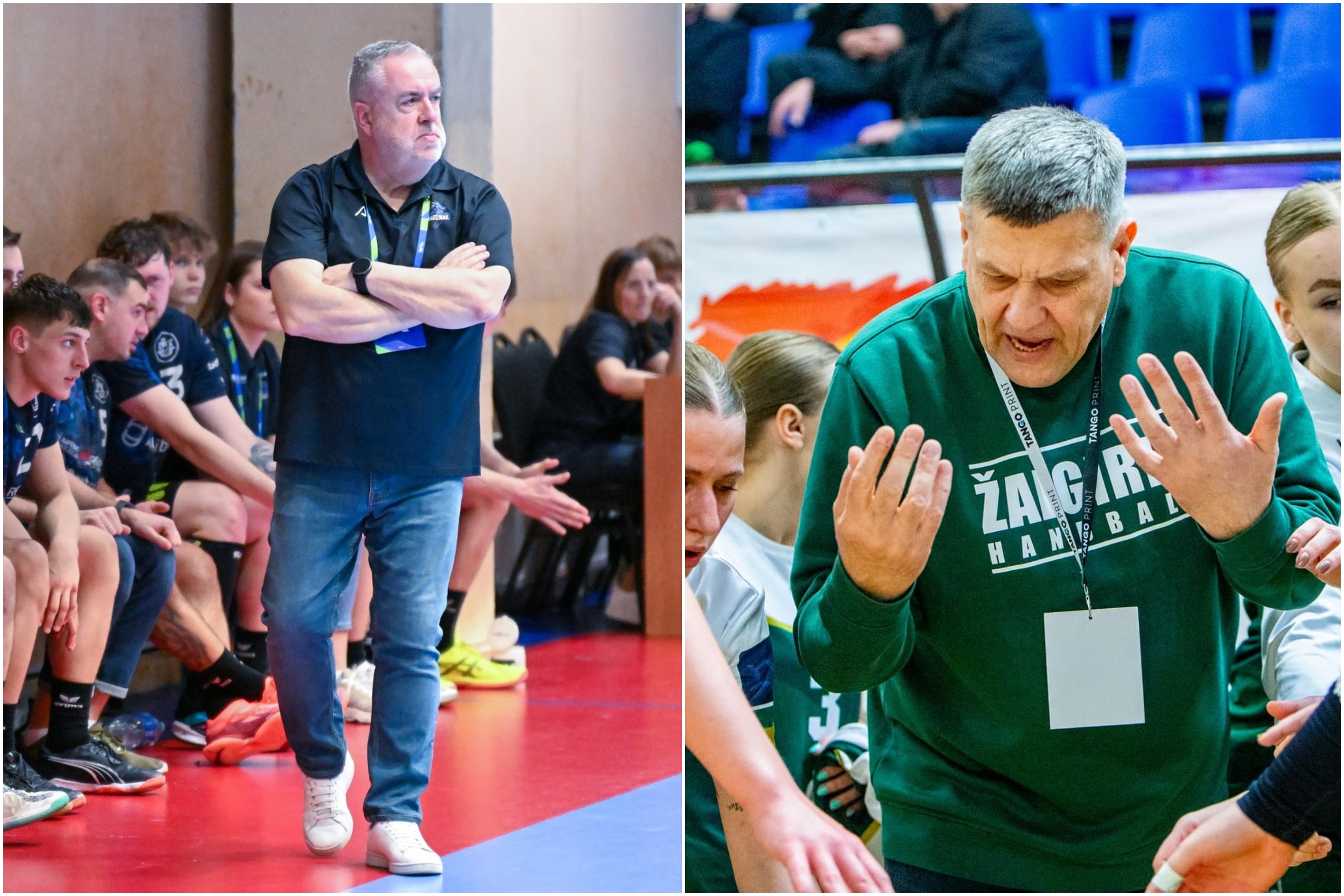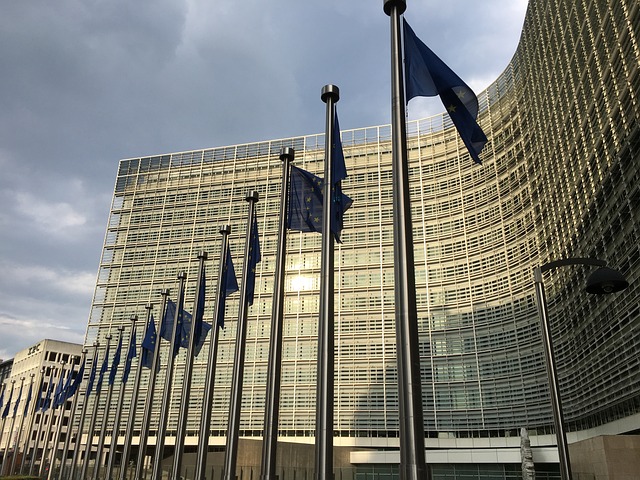After 12 years in courts of defamation case against journalist Rosen Bosev finally ended

A three -member panel of the Supreme Court of Cassation (HCC) resumed the case against journalist Rosen Bosev and terminated the criminal proceedings against him on charges of slander against Stoyan Mavrodiev. This ruling puts the final end of the case of the case, which began in 2013 for more than 12 years and passed during several Bulgarian instances and the European Court of Human Rights in Strasbourg.
The case begins in 2013
Rosen Bosev is a journalist specializing in the field of the justice system. He works for the Capital newspaper of Economedia Publishing House. In 2013, Dnevnik published information that the Director of the Financial Supervision Commission (FSC) Stoyan Mavrodiev was summoned as a witness in a money laundering case, as it was claimed to have signed documents facilitating the transfer of money generated by drug trafficking.
According to Bosev, after this publication, the FSC imposed several fines on the majority owner of Economedia Publishing and its belonging companies, which were subsequently annulled by the courts. During this period, there were also street protests against FSC and Mavrodiev for imposed high fines and other media for publications related to possible bankruptcy of First Investment Bank.
On January 6, 2015, the FSC imposed two fines on Economedia for the publication of two articles in the Capital newspaper, which, according to the authorities, are attempts to manipulate the financial markets. The fines imposed amounted to BGN 150,000.
In this context, Bosev participated in two television shows on January 15 and 16, 2015, in which he discussed – as a journalist from the affected media – the imposition of these fines and the eventual participation of the FSC Director Stoyan Mavrodiev in the events in question. A few months later, Mavrodiev filed a private lawyer against Rosen Bosev to the Sofia District Court for slander for the statements that the journalist made at his address in the two shows.
In 2017, the Sofia District Court found Rosen Bosev guilty of slander based on the claim « Mr. Stoyan Mavrodiev decided to use the institution he manages to punish » Capital « and » Dnevnik « which the journalist made during the broadcast of January 15, 2015. The court ordered him to pay a fine of approximately BGN 1000, as well as costs of BGN 626.
An unjust trial in Bulgaria
Rosen Bosev filed a complaint against the sentence. During the subsequent proceedings before the Sofia City Court, he also filed two requests for the dismissal of Judge Petya Kruncheva, who is a rapporteur and chairman of the court. He claims that Judge Kruncheva should be removed from participation in the case, as he has published several articles in the past, criticizing her work and questioned her honesty as a judge. Both demand requests have been rejected.
In the articles, her professional qualities and integrity are of great doubt – it is indicated that she has delayed the examination of some cases of high public interest, that she has ruled her decisions with a back date and that she belongs to a privileged circle of high -ranking and corrupt judges. Judge Petya Kruncheva is not taken away, and the reasons for the court against her dismissal include allegations that on the one hand, she did not read the articles in question, and on the other, even if it was, it could not affect her emotional state and her deepening of the facts of the case.
In 2019, the Sofia City Court upheld the sentence of Rosen Bosev's slander, repeating the reasons of the Sofia District Court and recognizing the journalist guilty on an additional charge of libel for another statement made during the same broadcast: « Mr. Stoyan Mavrodiev is linked to the money laundering scheme, which has been accused of Evelyn Banev. He has made it easier for him to launder revenue from drug trafficking. »
Kruncheva finds that a more severe punishment than the maximum provided by law would seem more appropriate, but due to the lack of an explicit request in this sense by Mavrodiev, it confirms the already imposed fine of BGN 1000.
The case reaches the Strasbourg Court
The process comes to the European Court of Human Rights in Strasbourg, and the court finds that Bulgaria has violated two texts from the European Convention on Human Rights – the right of the applicant to a fair trial under Art. 6, § 1, as well as his freedom of expression under Art. 10 of the Convention.
With regard to the justice of the ECtHR process, it notes that Bosev's articles at Judge Kruncheva were published between 2012 and 2015, which is why It cannot be assumed that there is a malicious media campaign On his part, aimed at eliminating the judge. He ruled that Bosev had the right to have objective and reasonable doubts about the impartiality with which the judge would exercise his functions in considering his complaint against the sentence issued by the Court of First Instance.
The ECtHR notes that at the request of Bosev for her dismissal, Judge Krancheva has ruled.
« This confusion of the roles of the judge and the country Obviously, it can give rise to objectively justified concerns whether the procedure is in accordance with the principle that no one can be a judge in their own case, and therefore about the impartiality of the court, « the Strasbourg court said in its decision.
With respect to freedom of expression The ECtHR finds that State intervention was not needed in a democratic societyS The court states that the restriction imposed on its right to free expression protected by Art. 10 of the Convention, was not accompanied by effective and adequate guarantees against arbitrariness And he refers to two key decisions – « Kudeshkina vs. Russia » and « Baka against Hungary » (both decisions establishing violations of the freedom of expression of judges, eliminated from their post for their opinions).
After the decision in the case in the European Court of Human Rights, it returned to Bulgaria and the Supreme Court of Cassation was referred to by IF. Prosecutor General Borislav Sarafov, who wants a resumption. Bosev and his lawyers do not dispute that there are grounds for the resumption of the process, but they insist that he be terminated, since the statute of limitations has long expired.
The HCC resumes the process and then terminates it
The Supreme Court of Justice finds the request for reopening as well and in its conclusions is on the analysis of the ECtHR.
The Supreme Judges state that the ECtHR decisions, as well as any other judgment of a national court, are subject to implementation, and the reasons must reveal the internal judge's conviction in a convincing and logical manner so as to understand the actual will of the court. The composition of the ECtHR has not developed its judge's conviction in the modern standard, the Supreme Court of Cassation said.
The reasons do not give a clear and convincing answer for the actual considerations that a violation of Art. 6, § 1 of the ECHR, because the subjective approach was not manifested in the case according to the European judges, and the objective approach was applied for unconvincing reasons that the national procedure was insufficient to satisfy the applicant's suspected bias against the appellate panel, because the parties did not have a cassation.
The approach of the violation of Art. 10 of the Convention. The exhibition cannot find the actual considerations of the ECtHR why the conviction of journalist Rosen Bosev was a state intervention in the exercise of his freedom of expression that was not « needed in a democratic society » and did not pursue a « legitimate goal », according to the Supreme Court of Cassation.
« Regardless of the lack of the necessary qualities, the decision of the ECtHR finally recognizes a violation of Article 6, § 1 and of Article 10 of the ECHR by the Bulgarian State. The present court panel of the Supreme Court of Cassation considers that the decision in the Bosev v. An instance for its re -examination by a legal court, « the court of cassation said in the decision.
It explains that the resumption of the case restores the pending process with a private accusation. The accusation is for a qualified slander. The limitation period for prosecution is 3 years, and the absolute limitation period has expired on July 15, 2019.

With the resumption of the private priests of the private nature and the annulment of the appeal decision of 21 May 2019, it turns out that the proceedings can continue only at the explicit request of the defendant, otherwise the case is terminated due to the limitation period. At the hearing before the Supreme Court of Cassation, Rosen Bosev's defenders made a request to terminate the proceedings in the case.
In this way, the journalist takes advantage of the legal possibility not to conduct a case on his private charge. With the advent of the limitation period for the prosecution, the state loses its power to judge it. The grounds of the cassation instance state that in view of the procedural request made before the Supreme Court of Cassation, the pending criminal proceedings should be terminated and the first instance sentence issued – quit. The case should therefore not be sent to the appellate court for re -examination.
The administrative fine imposed by the sentence was paid. With its decision, the ECtHR complied with this circumstance and awarded the applicant to pay compensation from the Bulgarian state in the amount of EUR 511.29, representing the equivalent of the fine paid as a result of the defamation proceedings. With this, the property relations between the applicant in the ECtHR case and the Bulgarian state are fully settled and no other remuneration is due to a fallen legal basis after the sentence annulled, the Supreme Judges added.






/s3/static.nrc.nl/images/gn4/data133305174-ec8c91.jpg)
